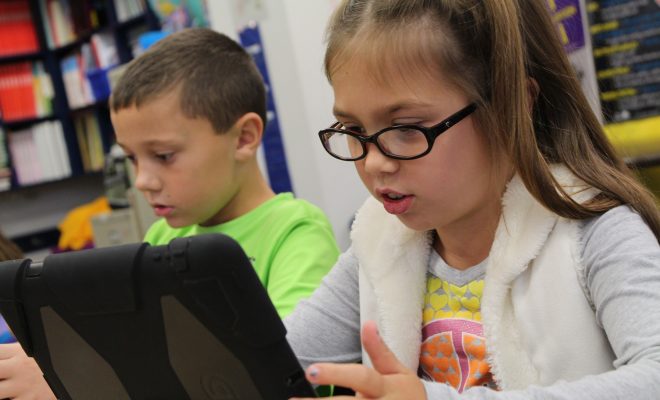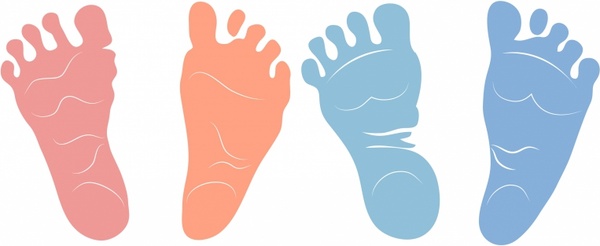
Image: https://www.techopedia.com/definition/25061/netiquette
What is Digital Citizenship?https://www.youtube.com/watch?v=mbbuLFUSd0A
Digital Citizenship Definition:
The proliferation of social media makes it imperative that young students understand the impact of their choices, and how to use the internet, social media and web 2.0 tools in an ethical manner.
If students are unaware of how to utilize these services in an ethical way, they run the risk of putting themselves or others in danger. Schools present an opportunity out there to work on digital citizenship skills in school.
Lessons in digital media and the ethical use of digital media such should start early in elementary school. Regardless of whether or not a child knows how to navigate social media. It is critical that lessons be given to every child on how to use digital media in an ethical way.
Students do not intrinsically know how to use digital media in a responsible way, with an understanding of rules of etiquette.
Social media is pervasive and the dangers inherent are prevalent. By leaning the rules of digital media, students may be safeguarded from threats that are part of the social media experience.
Teaching Students about their digital footprints: 
https://www.techopedia.com/definition/25061/netiquette
What is copyright and Fair use? These terms should be examined together in order to have a clear understanding of what they mean. Most students have heard the teacher mention the word plagarism. According to plagarism.org (2016), plagarism is the illegal use of someone else's intellectual property or the expression of their original ideas without prior permission. Since a great deal of the students' learning may involve using the internet which may tempt some students to copy and paste material or post it on the internet as part of their own research. Teachers want to make sure that students are not only familiar with plagarism but also the terms copyright, and Fair use.
According to Dictionary.com, copyright is the exclusive right to make copies, license, and otherwise exploit a literary, musical, or artistic work, whether printed, audio, video, etc.: works granted such right by law on or after January 1, 1978, are protected for the lifetime of the author or creator and for a period of 70 years after his or her death. If you are to use the works of others always give credit and acquire permissions if needed. Don't worry there are certain guidelines that will require you to use the works of others without acquiring permission. It is called Fair use. According to Purdue University, there is an exception to acquiring permission when using the copyrighted works of others if certain guidelines are met. Watch the video on Copyright and Fair use for a better understanding of how the terms Copyright and Fair use are related.
Don't forget to copyright your own work, as well!